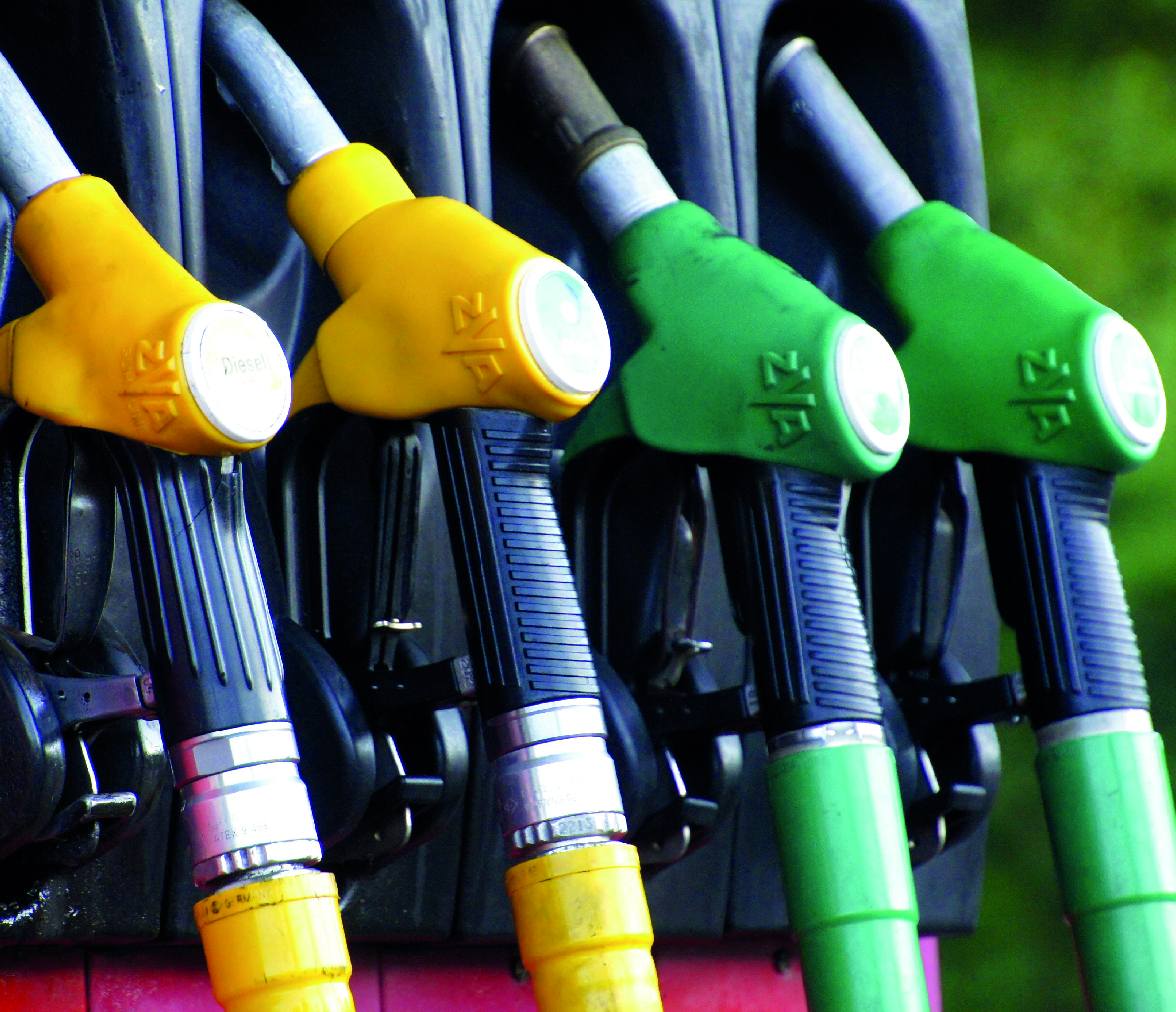Discover
Discover 100 inspiring solutions to climate issues sourced from all over the world !
Discover 100 inspiring solutions to climate issues sourced from all over the world !

ASB Biodiesel eyes opportunities in Pearl River Delta region
The largest used oil refiner in Hong Kong converts used cooking oil or waste oil into biodiesel that can be blended with regular diesel and used in conventional engines.
Jeff Pao, EJ Insight (Hong Kong)
Read more on EJ Insight (in Chinese)
ASB Biodiesel, the largest used oil refiner in Hong Kong, converts used cooking oil or waste oil from vegetable and animal fat into biodiesel that can be blended with regular diesel and used in conventional engines, without modification. The company claims to have a maximum annual production capacity of 100,000 tonnes of low-carbon transport fuel, enough to fuel every diesel engine on Hong Kong’s roads with B10 (a 10 percent blend) and offset 257,000 tonnes of greenhouse gas emissions.
The company now seeks to expand its production to the Pearl River Delta region in southern China. Due to its vast population and high ratio of used cooking oil per capita, « China has a lot of waste oil and has a big potential for us, » said Roberto Vázquez, chief executive of ASB Biodiesel. « By the end of 2017, we will utilise 80 percent of our capacity, which is enough for us to be profitable…We will start looking into opportunities in China next year. » The company will seek a local partner such as a state- owned oil company.
ASB Biodiesel was founded in Bahrain in 2007, and the factory, based in Tseung Kwan O, began operations in 2014. Vásquez said that it collects waste oil from restaurants in Hong Kong, Singapore and Guangdong province.
Hong Kong is a good source because it’s a high-density city with strong law enforcement in the treatment of used oil. Any city in China with a population of at least 20 million and strong law enforcement in the treatment of waste oil can be considered for ASB’s expansion plans.
At the same time, Vásquez said, « It is much more complicated to start collecting waste oil from China because its food and environmental hygiene standards are not that sophisticated. There’s always a risk that waste oil from China ends up improperly managed or used cooking oil ends up being recycled back to cooking oil. »
ASB Biodiesel’s final product is mainly sold to Europe and China. Only a small amount is sold in Hong Kong, since the city’s levy on traditional diesel was lifted in 2009 and buyers pay a premium for biodiesel. Vázquez hopes the Hong Kong government will launch a mandate program that would require fuel suppliers to have their products blended with biodiesel. He said European countries now have mandates of 4 to 8 percent blend while the United States has a similar quota system.
« The greenhouse gas policy has to be at government level. It is the responsibility of citizens to bear the cost of greenhouse gas reduction, » he said.
Nous utilisons des cookies pour optimiser votre expérience en ligne. En poursuivant votre navigation sur ce site, vous acceptez l’utilisation de ces cookies. Plus d'informations
Accepter les cookies vous assurent une navigation optimale sur le site. Si vous continuez de naviguer sur ce site sans changer les paramètres des cookies ou en cliquant sur "j'accepte" vous consentez à leur utilisation.